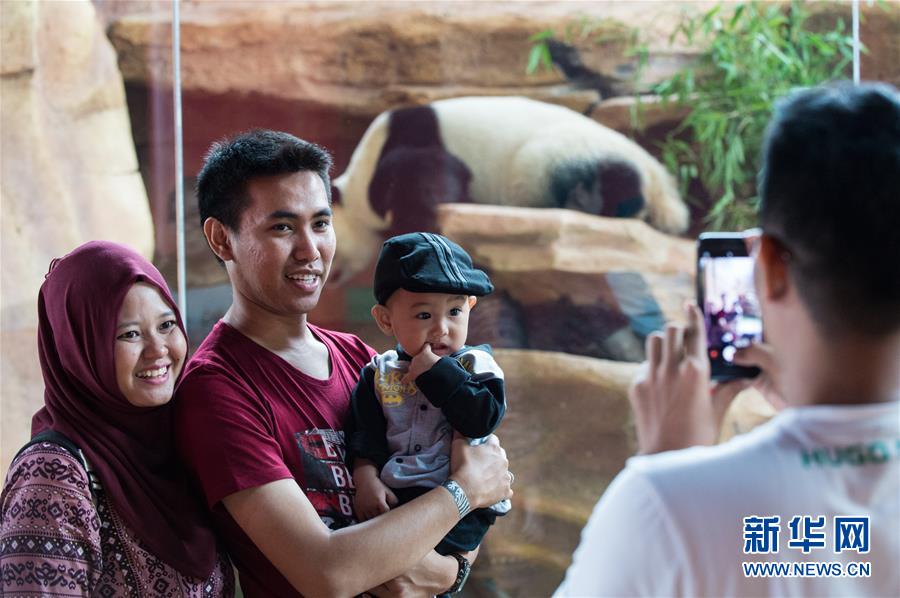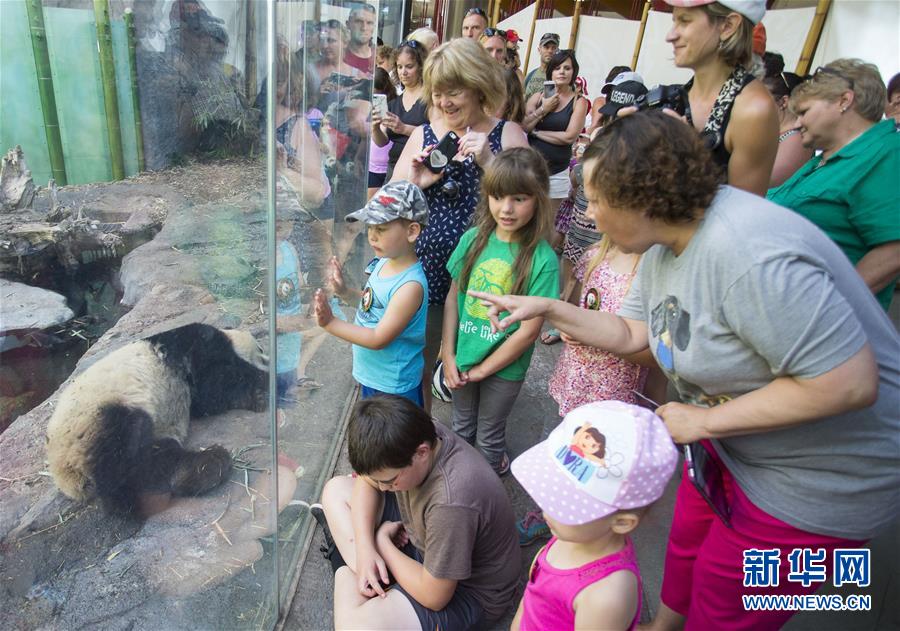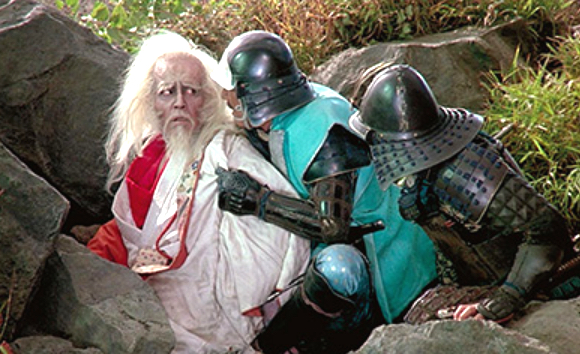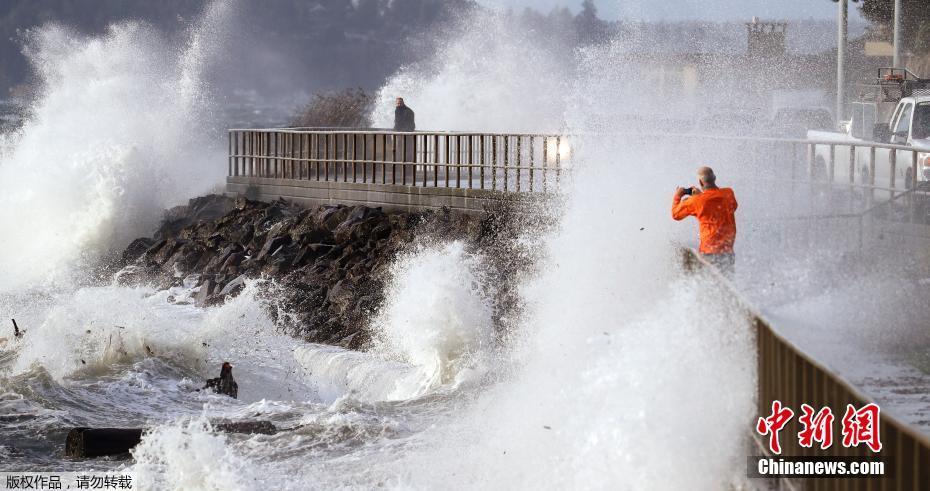【phim tam ly 18 khong che】Manzanar Committee Mourns the Passing of Community Leader, Activist, and Mentor Alan Nishio

The Manzanar Committee is deeply saddened to learn of the passing of community leader, activist and mentor Alan Nishio on Dec. 27 at the age of 78, after more than 17 years battling a rare form of cancer.
Nishio was born on Aug. 9, 1945, in the Manzanar concentration camp, one of more than 120,000 Japanese and Japanese Americans who were unjustly incarcerated in American concentration camps and other confinement sites during World War II. His activism and leadership work go back to the days of the Free Speech Movement in the late 1960s at UC Berkeley, where he helped form the Asian Americans for Political Action.
After earning his bachelor of arts degree in political science at UC Berkeley in 1966, Nishio returned to Los Angeles, where he earned his master of arts degree in public policy administration at the University of Southern California two years later, before heading across town to help found the UCLA Asian American Studies Center, serving as its director for more than two years.
In the 1970s, Nishio worked with the Japanese American Citizens League and with Japanese American Community Services–Asian Involvement (JACS-AI), which provided “Serve the People” programs in Los Angeles’ Little Tokyo. That work eventually led Nishio and fellow activists to form the Little Tokyo People’s Rights Organization (LTPRO), which fought to protect long-time residents and small businesses during the late 1970s redevelopment of Little Tokyo, when large Japanese corporations and local politicians attempted to gobble up a large portion of Little Tokyo without regard to the interests and needs of the community.
The lessons learned by the LTPRO activists gave them the knowledge, experience and inspiration that helped lead to the founding of the National Coalition for Redress/Reparations (NCRR; now Nikkei for Civil Rights and Redress), one of the organizations that led the fight for redress.
One of NCRR’s co-founders, Nishio served as its Southern California co-chair from 1980 to 1990, and was a pivotal figure in the successful fight for redress.
In 1972, he became an administrator at CSU Long Beach, where he retired in 2007 as associate vice president, Student Services.
Nishio has also played an important role with the Little Tokyo Service Center since its earliest years, having served on its board since 1984. He also served two terms as LTSC’s board president. He also served as chair of the LTSC Board of Governors.
Nishio has also worked directly with Japanese American college students, helping nurture their growth as future community leaders. He also served as an advisor to Kizuna, a Little Tokyo organization that focuses on Japanese American youth and developing future community leaders.
“Alan Nishio played a pivotal role in my development as an activist, especially while I was an undergraduate at UCLA, and a member of the UCLA Nikkei Student Union in the 1980s,” said Gann Matsuda of the Manzanar Committee. “Alan taught us the importance of supporting, protecting and defending our community. He taught us the importance of grass-roots organizing.
“Alan stood out as one of my mentors because he was always looking beyond the immediate goals or needs of the community. He made it a point to nurture younger activists until the end. We have Alan to thank for helping to develop so many of our current and future community leaders.”
Manzanar Committee Co-Chair Bruce Embrey lamented the loss of a giant in the Japanese American community.
“Alan will be remembered as a tireless community activist, principled, kind, and selfless,” he said. “Alan spoke often about how our legacy is one of activism, of defending our democracy. He also schooled us about how we had to fight for our future, and not in some dreamy, idealistic way. He was totally grounded.
“Alan drew lessons from his decades of organizing in a way few other activists could. He was able to break down what needed to be done with clarity and sometimes with humor. Alan was a visionary activist because he looked to the future with wisdom that was rooted in his progressive world view and deep love and commitment to our community.
“On behalf of the Manzanar Committee, I want to express our deepest condolences and best wishes to Alan’s wife, Yvonne, his daughters, Mia and Angela, his six grandchildren, and all of his family and friends. We share this tremendous loss deeply.”





Related Articles